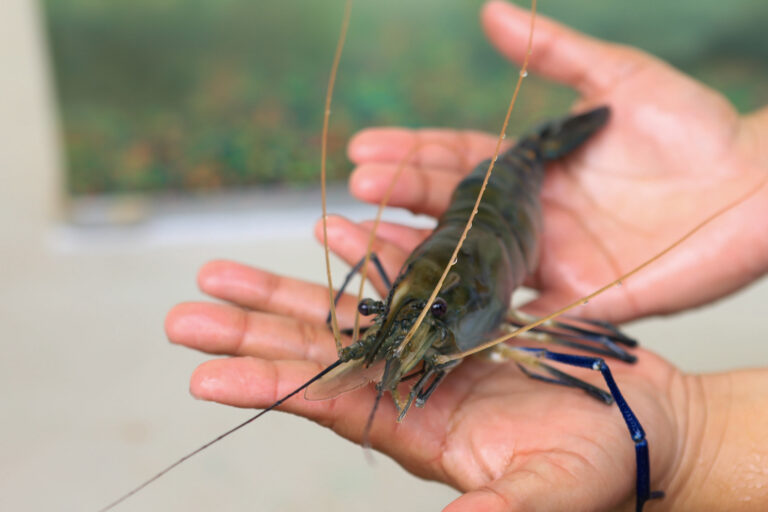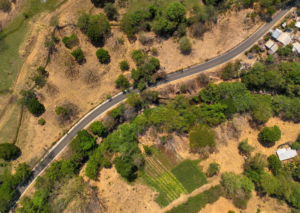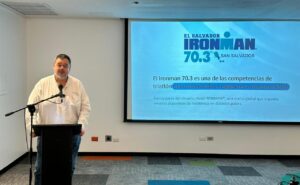
The Ministerio de Agricultura y Ganadería (MAG), through its Centro de Desarrollo de la Pesca y la Acuicultura (CENDEPESCA), has successfully reactivated the breeding of the giant freshwater shrimp species Macrobrachium rosenbergii in El Salvador after more than 15 years. This initiative is being successfully carried out at the Santa Cruz Porrillo Aquaculture Station in San Vicente, representing a crucial step toward the diversification of national aquaculture.



This crustacean, also known as giant freshwater shrimp, is now available to the country’s aquaculture producers, who will be able to grow it for family consumption or commercialization. Its controlled breeding opens new opportunities to strengthen food security and the economies of small and medium-sized producers.

CENDEPESCA technician Katherin Alvarenga emphasized: “The larvae are in brackish water at 14 degrees of salinity, and after 11 stages, they reach postlarvae. This is where acclimatization begins, and they move on to the ponds where salinity reaches zero degrees, completely in freshwater. This process takes three to five days. Then the shrimp are ready to move on to pre-rearing, at which point the farmer can obtain postlarvae, and after 20 days, pre-juveniles”.

This type of aquaculture technology is key for the country because it supports modern aquaculture and also strengthens food security.

The reactivation of production of this species has had the technical support of peruvian biologist José Carlos Gastelú, who has advised and adapted the reproductive process and proper handling of Macrobrachium rosenbergii to local conditions. “Advanced technology is being applied here, capable of competing with any major producer of this shrimp worldwide.

In other words, El Salvador currently has a fully adequate and technologically advanced production system to produce this species”, said Gastelú. The freshwater shrimp postlarvae production laboratory includes the following areas: maternity ward, larviculture, feed production area, acclimatization, and water quality analysis. The laboratory has the capacity to produce 100,000 postlarvae per month.

CENDEPESCA, through its aquaculture station in Santa Cruz Porrillo, is calling on all producers interested in diversifying their crops and improving their income to come and acquire this species. It will also provide technical support to ensure the successful cultivation of Macrobrachium rosenbergii from the outset. El Salvador is making progress in the implementation of high-impact aquaculture technologies, promoting sustainable production that directly benefits rural families and the environment.








